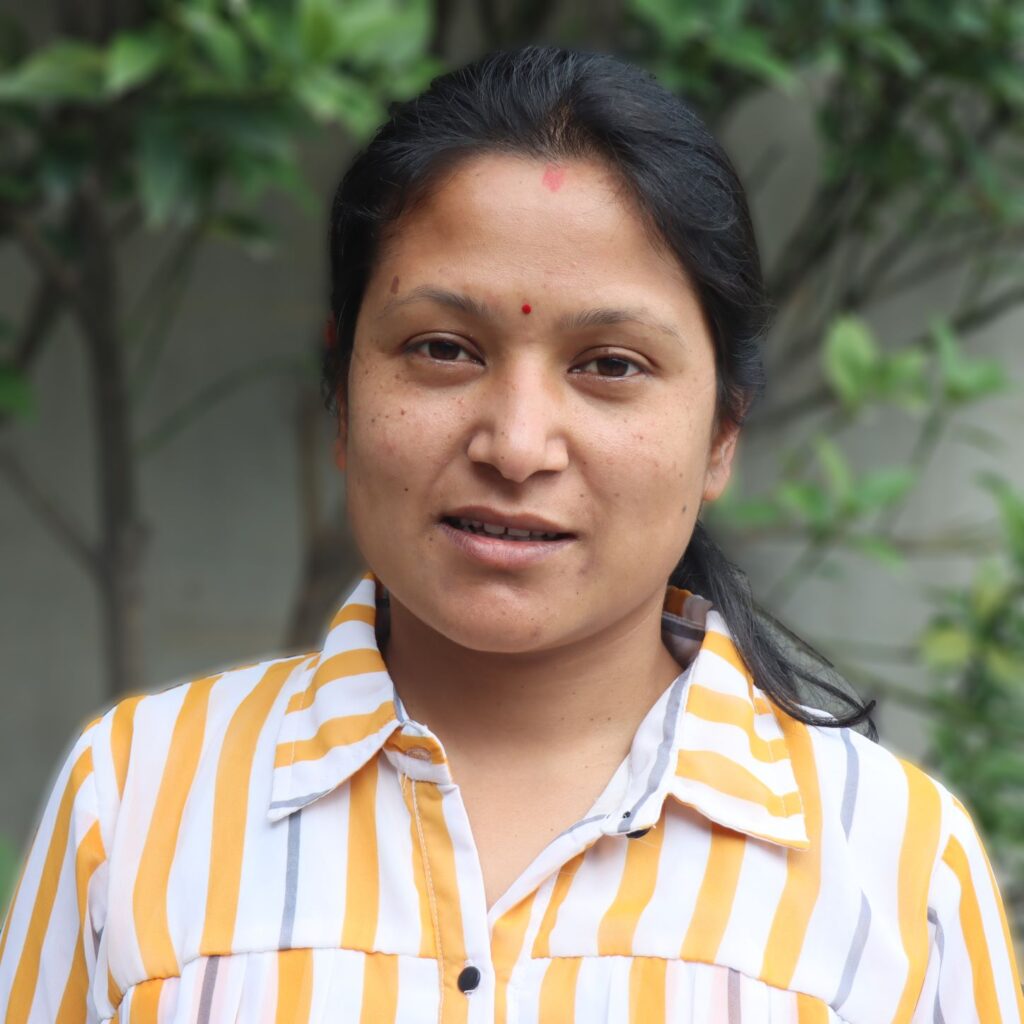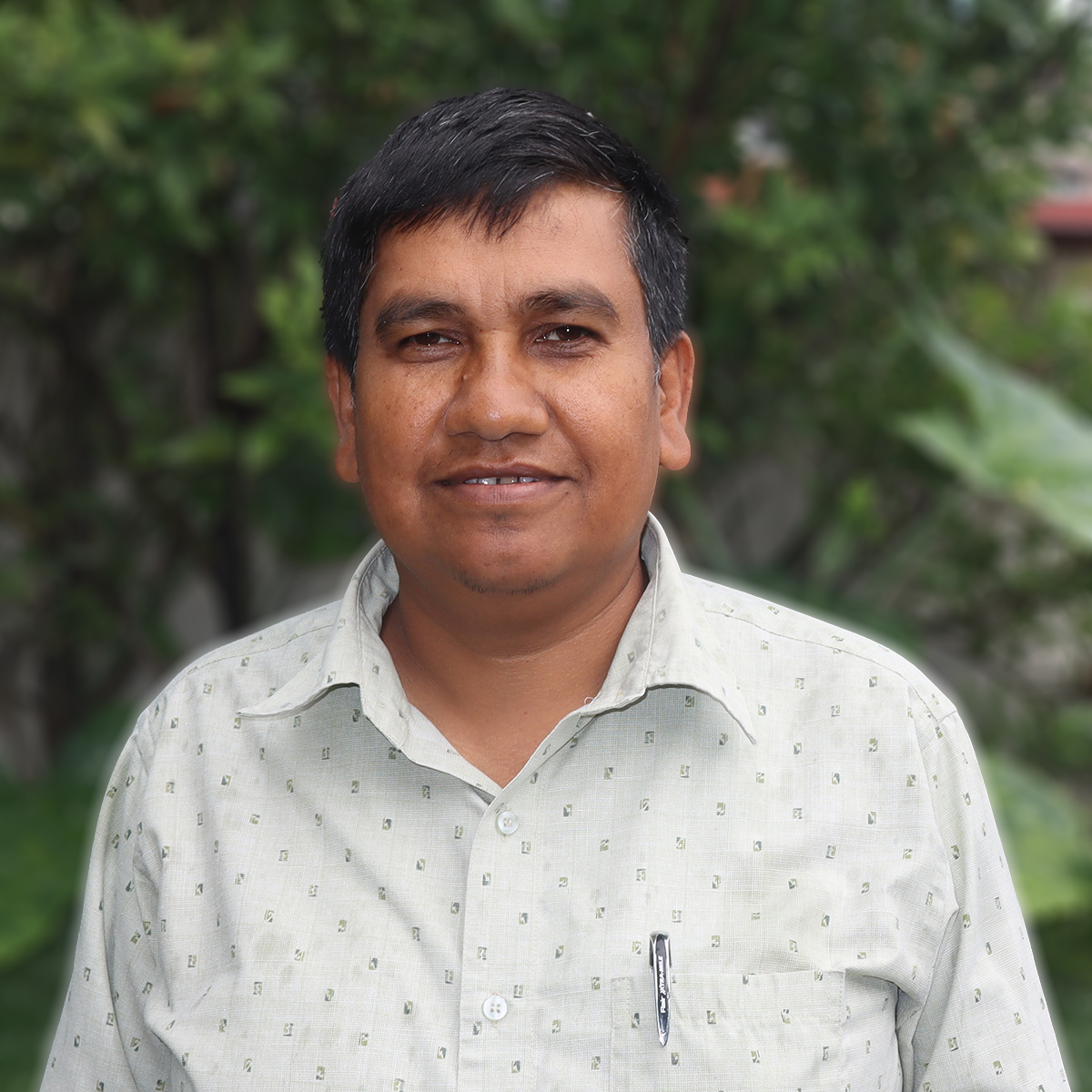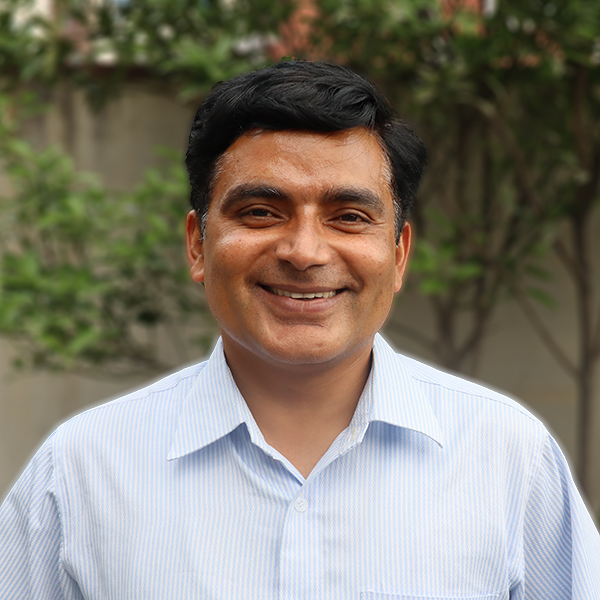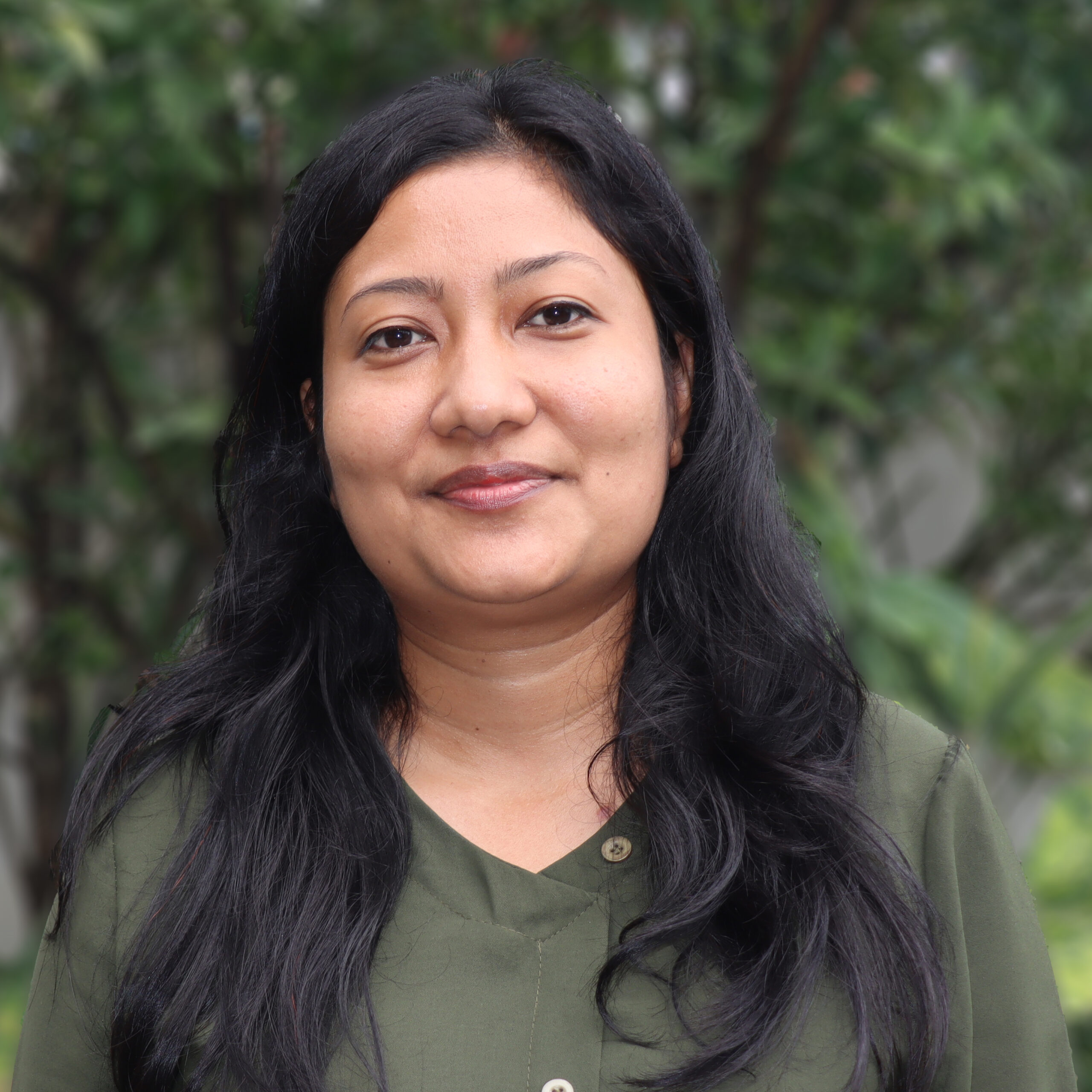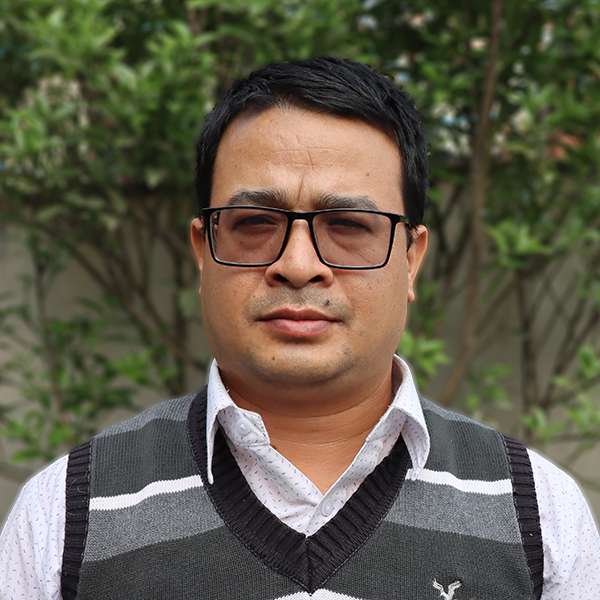Anushiya Shrestha holds a PhD in Social Sciences from Wageningen University, The Netherlands, and a Master’s in Environmental Science from Tribhuvan University. She has over a decade of research experience exploring various aspects of water (in)security issues in the context of evolving rural-urban dynamics and changing climate. She is interested in understanding and unfolding the policy-practice interface of natural resource governance, particularly focusing on changing land and water use and governance and the implications these changes have on in/exclusion around water access, rights, (in)securities, and related conflicts and cooperation. She has coordinated and contributed to many research projects funded by international research organizations such as IDRC, NWO, and ESRC-UK and is leading project ASHA (Addressing the issue of climate change through Strengthened literacy, Hands‐on knowledge and Awareness) funded by UNESCO-TWAS and Elsevier Foundation. She has authored many peer-reviewed journal articles, book chapters, policy briefs, blogs, and opinion pieces.
SELECTED PUBLICATIONS
- Shrestha, A. S. Acharya, M. R. Banjade, M. S. Pradhan and S. Basnet. 2024. Gender Responsive Budgeting for women’s empowerment: A collaborative engagement in Malarani Rural Municipality, Nepal. New Angle. Nepal Journal of Social Science and Public Policy. Vol. 9 ( 1 ), pp.29-40 DOI: https://doi.org/10.53037/na.v9i1.105
- Farnan, R., J. Ensor, A. Shrestha, D.P. Poudel, B. Singh, P. Thinphanga, K. Hutanuwatr, Y. Subedi, S, Lama, S, Singh, R. Friend. 2024. Political Geography 108:103002. Knowledge infrastructures, conflictual coproduction, and the politics of planning: A post-foundational approach to political capability in Nepal and Thailand
- Shrestha, A. 2023. Erosion or evolution of Farmer Managed Irrigation Systems (FMIS) in the urbanising contexts: Reflections from peri-urban Kathmandu, Nepal, In: Pradhan (Eds.) Opportunities and Challenges in Irrigation System Management: Context of Governance Restructuring, Climate Change and Migration, Proceedings of the Ninth International Seminar, Kathmandu Nepal.
- Shrestha, A., G., Maskey, and S. Basnet. 2023. Opinion: Bore wells are not the answer to Nepal’s springs crisis. Opinion: Bore wells are not the answer to Nepal springs crisis. https://www.thethirdpole.net/en/nature/opinion-bore-wells-are-not-the-answer-to-nepal-springs-crisis/
- Shrestha, A., D. Roth, and S. Yakami. 2022. From royal canal to neglected canal? Changing use and management of a traditional canal irrigation system in peri-urban Kathmandu Valley. In: Narain, V. and D. Roth (Eds.) Water Security, Conflict and Cooperation in Peri-Urban South Asia Flows across Boundaries, pp. 45-66. Springer Nature Switzerland AG.
- Shrestha, A., D.P. Poudel, J. Ensor. 2021. Inclusive policies, exclusionary practices: unfolding the paradox of prolonged urban informality debates in urbanising Nepal. New Angle: Nepal Journal of Social Science and Public Policy: 32-56.
- Neupane, K. R, A. Shrestha and Joshi, T. 2021. Upstream-downstream interdependence and water security in Dhulikhel. In: Katri, D. et al. (Eds). Dhulikhel’s Journey towards Water Security. Insights for Policy and Practice.
- Shrestha, A., D. Joshi, and D. Roth. 2020. The hydro-social dynamics of exclusion and water insecurity of Dalits in peri-urban Kathmandu Valley, Nepal: fluid yet unchanging. Contemporary South Asia: 1-16.
- Shrestha, A. 2019. Which community, whose resilience? Critical reflections on community resilience in peri-urban Kathmandu Valley. Critical Asian Studies: 1-22. DOI: 10.1080/14672715.2019.1637270
- Shrestha, A., D. Roth, and D. Joshi. 2018. Socio-environmental dynamics and emerging groundwater dependencies in peri-urban Kathmandu Valley, Nepal. Water Alternatives 11 (3): 770-794.
- Shrestha, A., D. Roth, and D. Joshi. 2018. Flows of change: Dynamic water rights and water access in peri-urban Kathmandu. Ecology and Society 23 (2): 42.

